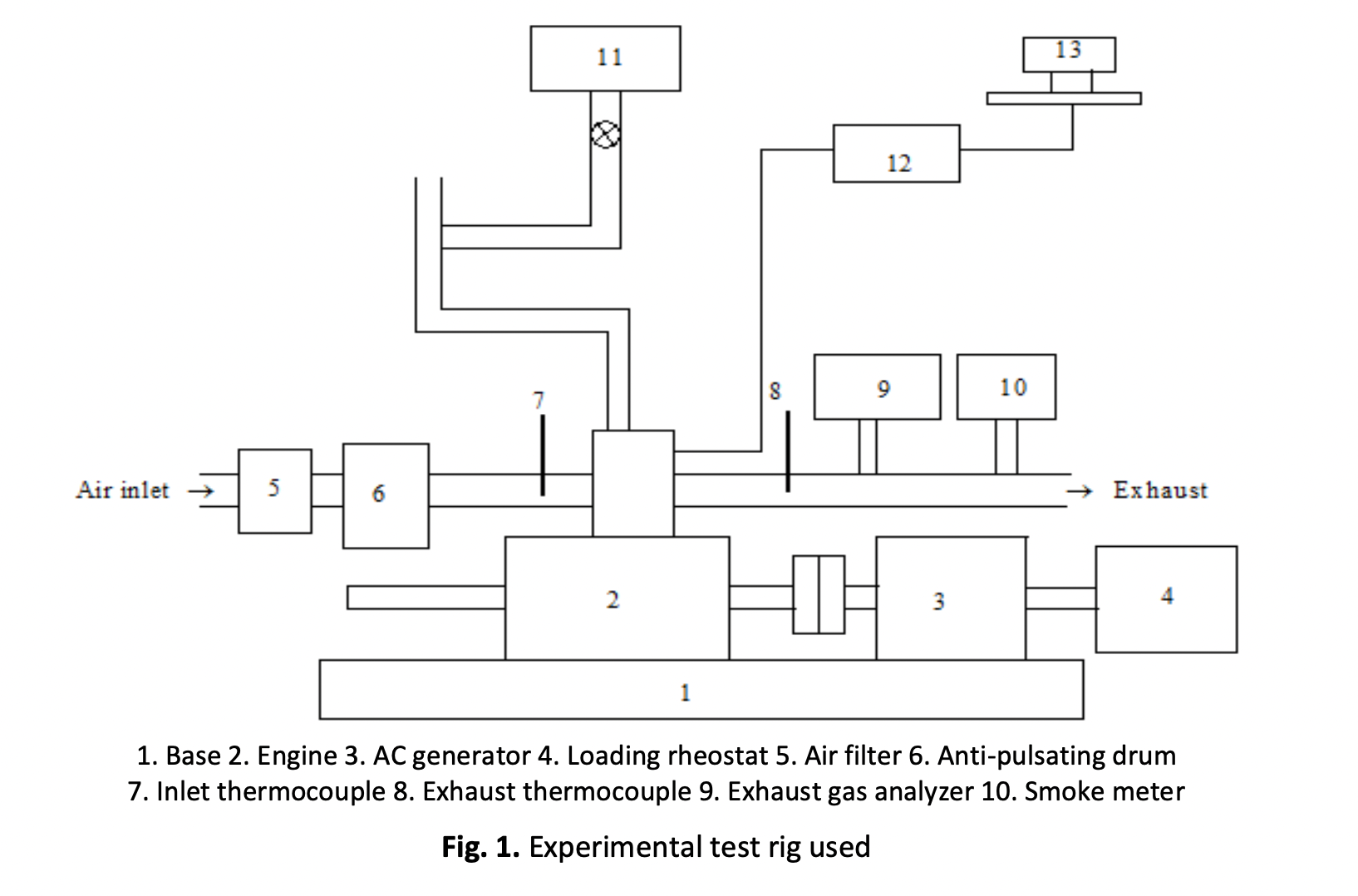Effect of Injection Timing in Direct Injection Diesel Engine using Plastic Oil Diesel Blends with Biodiesel as an Additive
DOI:
https://doi.org/10.37934/arfmts.101.2.7384Keywords:
Injection timing, plastic oil, biodiesel, diesel engine, performance, combustion, emissionsAbstract
Environmental Concern and depletion in petroleum reservoirs caused interest in search of alternate energies for internal combustion engine. Waste plastic materials being non-biodegradable, can be suitably processed using pyrolysis to obtain liquid fraction which has properties like petroleum fuels. 20% plastic oil (PO) blends with diesel may be utilized in diesel engines. However, adding biodiesel by 20% being renewable in nature reduces emissions. In the present work 20% PO and 20% biodiesel blend is considered to access the impact of injection timing on the engine performance. Engine tests were performed at four different injection timing 230, 210, 190, 250 and 270 before TDC. The blend (PO20+60D+B20) showed improved performance with advancing of injection timing with higher in-cylinder pressures and rapid heat release rate. Retarding the injection timings results in early combustion before the working stroke which reduces thermal efficiency. Further retarded IT of 19o bTDC results in lower in-cylinder pressures which lead to reduced engine performance. However, advancing IT to 210 improvements in engine performance with higher BTE, and lower emissions of HC, CO, and Smoke respectively with higher NOx.
Downloads

































